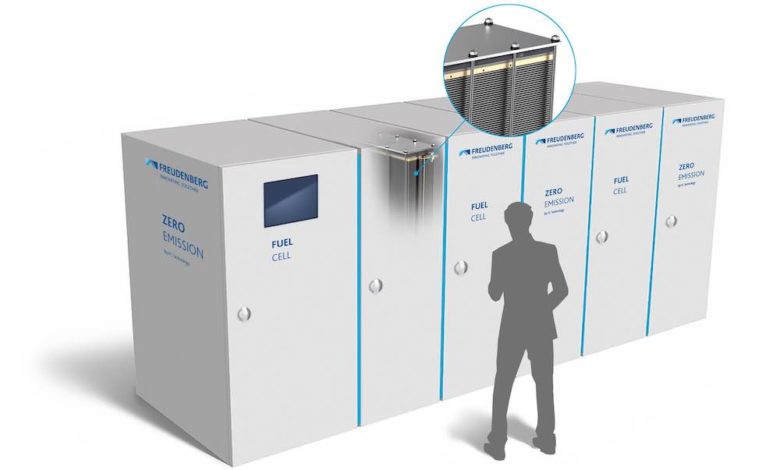German superyacht contract points the way for fuel cells in shipping

Merchant shipping could get a glimpse of its future propulsion methods from Germany, and specifically the world’s top superyacht builder.
A client has ordered a world-first yacht to be built by Lürssen featuring fuel cell technology driven by hydrogen which is continuously reformed from methanol.
Lürssen, which has a history of delivering groundbreaking new maritime technology, has 10 of the world’s top 20 biggest superyachts to its name, as well as a sizeable business in naval vessels. The new fuel cell superyacht is being constructed in partnership with German yard Meyer Werft.
My grandfather built the world’s first motorboat in 1886, my dream is to be the first to build a yacht without a combustion engine
The company’s head, Peter Lürssen, commented: “My grandfather built the world’s first motorboat in 1886, my dream is to be the first to build a yacht without a combustion engine.”
The fuel cell makes it possible to anchor emissions-free for 15 days or cruise 1,000 miles at slow speed.
For the last 12 years, Lürssen has partnered in a German national research project called PaXell, which also features DNV, Meyer Werft and cruise giant Carnival among the partners. The project has focused on developing hybrid energy systems with a new generation of PEM fuel cells for yachts and seagoing passenger vessels.
Lürssen has committed to a strategic partnership with Freudenberg, a maritime fuel cell specialist. Lürssen said in a release that the choice of methanol rather than elemental hydrogen was made due to its higher energy density, the simplicity of handling and easy worldwide availability. Moreover, methanol can be stored in structural tanks in the double bottom of a yacht in contrast to pressurised or liquefied hydrogen which requires space above the tank top and extensive tank structures.
